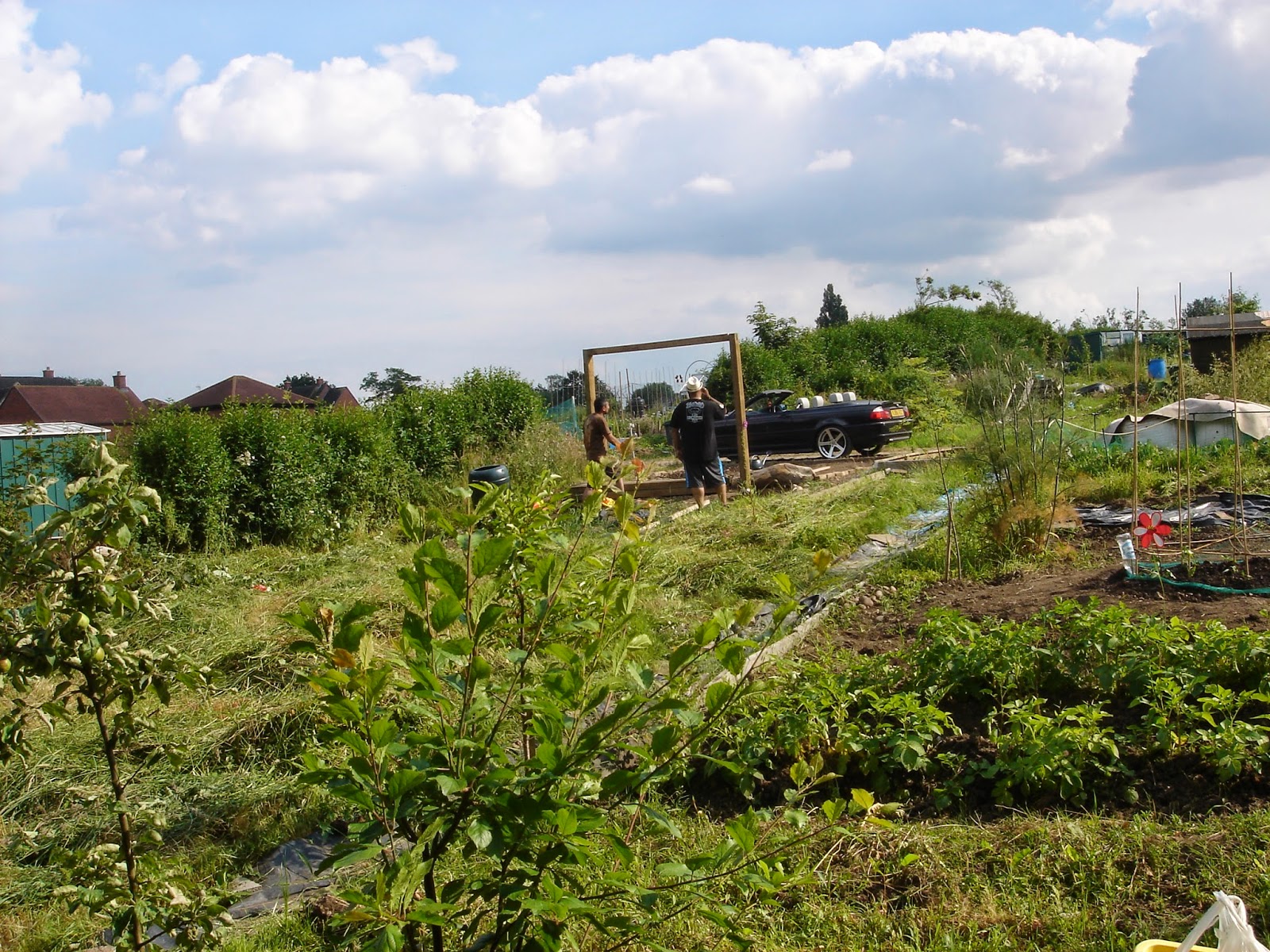If Jim Potts hadn't just mentioned this book on his blog,
Corfu Blues, I would not have come across it. Patricia Storace - yes. I've read her - accomplished and entertaining - in the
New York Review of Books. US poet and writer from the South. Brilliant! But how is that I had never heard of this book - product of a year in Greece, including Corfu, where she describes the
Achilleion as 'an ugly, vulgar and foolish palace in one of the most beautiful settings in the world'? Published in 1996 - a seriously brilliant interpretation of Modern Greece (One critic - 'One of the finest books written about Greece'), riven with recognition of its continuity with all Greek history. See her use of the timeless exclamatory warning "Μολὼν λαβέ!" while fending off a lecherous old bookseller with a camera. And her rich account of
Penelope Delta Πηνελόπη Δέλτα, the writer (and much more...I had not heard of her
either) who took poison on 27 April 1941, the day the Nazis entered Athens; on her grave, at her request, the word Σιωπή Silence. Delta is the great grandmother of the present Prime Minister
Antonis Samaras.
 |
| Penelope Delta, Woman of Letters, and two of her three daughters |
Storace in The Telegraph 4 Nov 2009...when I saw the dome of Agia Sophia, the great symbol of Byzantium, I wondered fancifully if the Greeks were trying to correct Paris’s choice, and offer their own apple to Divine Wisdom after all. Paul the Silentiary, the sixth-century poet (whose enchanting title refers to his Byzantine court post, responsible for order and decorum in the palace) wrote a hymn to the building, invoking Homer, and praising the building in terms that describe its superiority compared to the ancient world. Incidentally, Elizabeth Barrett Browning translated an excerpt of this poem.
I was certainly drawn, too, to this quintessential aspect of Greece - the way those possessed by it travel in time. To experience the country, and its language, compels its visitors to move through centuries with indescribable speed and flexibility. I had the intricate relationship to heritage of those who are adopted, so the notions of archaeology and excavation were very powerful to me. And Greece in which the worlds of antiquity, Byzantium, Asia Minor are both dramatically lost and utterly present, had everything to teach me about the complex presence of the past. But above all, it was the way Greece reentered history, reconceived itself after the 400 years of Ottoman rule that I wanted to learn about and find ways to describe...
*** ***
 |
| Runner beans to be planted |
Yesterday I harvested and planted on my allotment and scythed the grasses and brambles on my new neighbour's plot, so that now both the abandoned plot on one side and the one now rented by Ron and Raj are rich in hay.
 |
| Ron with friend John are building a greenhouse on Plot 15 |
Of Imran's plot - the other side - now he's finally abandoned it, Jeevan laments
"Who's going to take on this one? Getting it workable with so much weed! Perhaps we should just cover it with black plastic for a few months."
I want to get my plot to a state where when you lift and plunge a fork it goes in up to the handle. Part of our plot now allows this, but in others you raise and plunge and the tines hit a fist sized stone, a ploughed in slab or brick, or a chunk of matted soil, ball of clay or block of cinder. The fork jars, hardly five inches into the soil. Couch roots weave themselves into this indigestible gruel. Work the fork in deeper and the work of levering up the captured earth threatens to crack the fork handle.
 |
| Hard won spuds from ground I've already dug over twice |
I almost want it to happen - twice - so I can say that I've actually asked a shop assistant for "
fork handles".





No comments:
Post a Comment